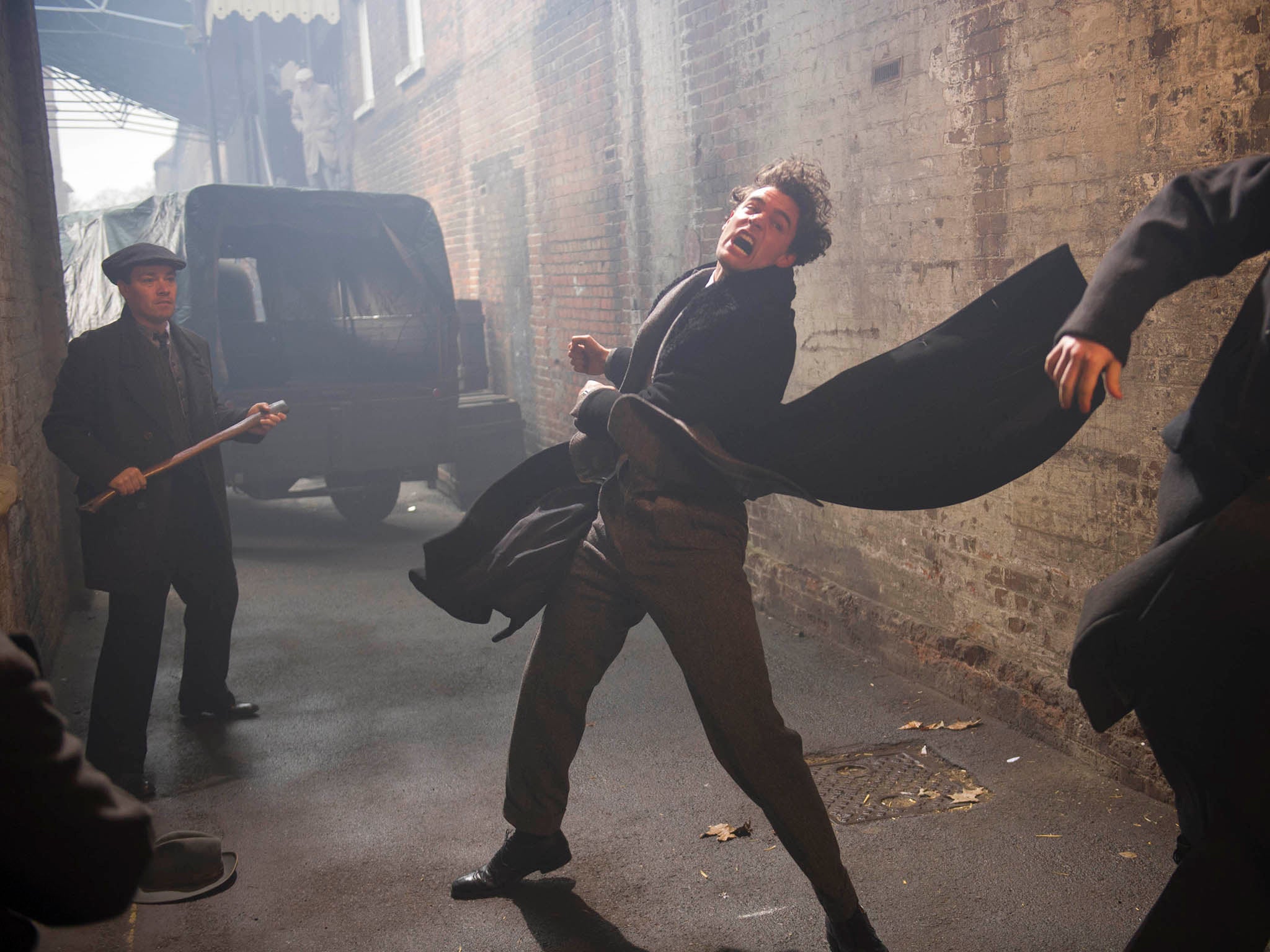Jekyll and Hyde, TV review: This ITV drama is just Downton Abbey with monsters
Other parts were so off the wall it was like watching The League of Gentlemen

One minute you’re happily working in a Sri Lankan vaccination clinic alongside your adoptive father who claims to know nothing of your birth family, the next – thanks to your superhuman strength – a solicitor is summoning you to London to claim your maternal grandfather’s inheritance. We’ve all been there, right?
Well such was the premise of ITV’s big new Sunday-evening drama, Jekyll and Hyde. Part fantasy, part comedy and part who knows what, the story had been relocated to the 1930s and instead of featuring the original Dr Jekyll of literary fame, it followed Dr Robert Jekyll (Tom Bateman), his grandchild. Dr Jekyll’s “condition” had been adapted too; instead of drinking a potion and turning into a monster, he’d simply inherited a genetic defect that kicked in whenever he became angry and mostly seemed to manifest itself by turning him into a nasty, oversexed drunk with Superman-style strength.
Yes this programme had a bit of a Jekyll and Hyde complex all of its own. It was utterly unclear whether or not it was being played for laughs. Penned by Charlie Higson, of Fast Show fame, parts of it were laugh-out-loud funny. But parts of it were just very badly acted. An adaptation of Robert Louis Stevenson’s famously dark work was always going to be peppered with the macabre and the obscure but this fell mainly into the obscure category – with some weird sexual overtones.
Opening in Ceylon (now Sri Lanka), we found Dr Robert Jekyll working in a clinic alongside his adoptive father. It was slickly filmed and beautifully set and oozed expensive Sunday-night drama. But when it transferred to 1930s London – where the doctor travelled on the request of a solicitor trying to track down the beneficiary of the original Dr Jekyll’s will – it started to get weird. Some parts were so off the wall it was like watching The League of Gentlemen but mostly it just seemed to be Downton Abbey with added monsters. Among those monsters was a very effective shapeshifter and a Harbinger which I think was half man, half dog – if the man was Lord Voldemort and the dog was actually a freshly shorn sheep, that is.
One-time Hollywood actor Richard E Grant was cast in his usual role of Very Angry Man, in this case called Sir Roger Bulstrode, which he definitely had down to a fine art. But his department of Military Intelligence Other (MIO) – tasked with keeping monsters under control and under wraps – clearly has its work cut out.
Join our commenting forum
Join thought-provoking conversations, follow other Independent readers and see their replies
Comments
Bookmark popover
Removed from bookmarks